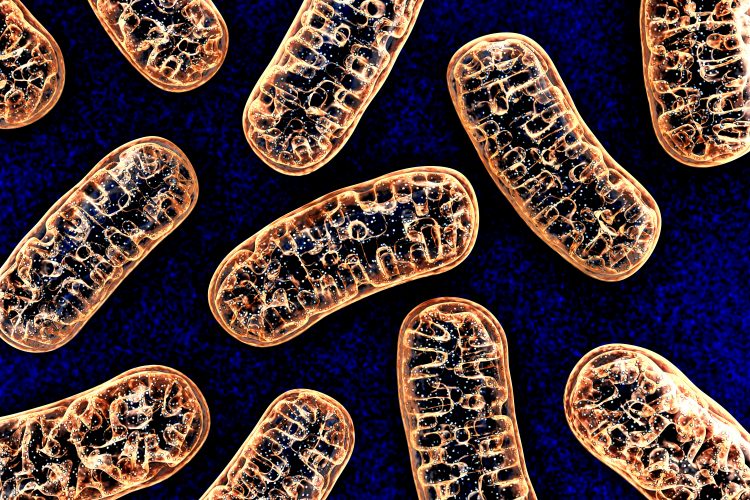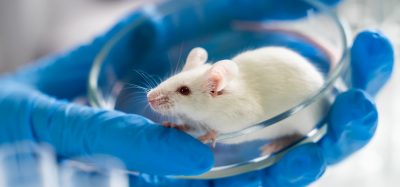Limiting diaphragm atrophy in intensive care
Posted: 7 November 2023 | Drug Target Review | No comments yet
Mitochondrial fragmentation mechanism that can cause ventilator-induced diaphragm dysfunction (VIDD) found, and a therapeutic to mitigate it.

A new study evidences that mitochondrial fragmentation is a proximal mechanism that can cause ventilator-induced diaphragm dysfunction (VIDD). These findings have shown a potential therapeutic to reduce diaphragm atrophy during a stay in intensive care.
It has been established by previous research that several of the cellular pathways responsible for VIDD are begun by oxidative stress resulting from diaphragm inactivity. Dr Stefan Matecki from the University of Montpellier, and his colleagues, studied the molecular causes of this oxidative stress in mice.
The researchers found that only six hours on mechanical ventilation was sufficient to increase expression of dynamin-related protein 1 (DRP1). DRP1 is involved in mitochondrial membrane fission and linked with a reduction in mitochondrial size and interaction.
When a patient requires mechanical ventilation, their diaphragm is completely rested so there is a sudden reduction in its energy requirements. This energy reduction causes the diaphragm to commence a programme of fission for breaking down its surplus mitochondria, which previously supplied it with energy in the form of ATP. However, mitochondrial fragmentation generates reactive oxygen species in excess, which negatively impacts Ca2+ homeostasis, a dysregulation central to VIDD.
The study demonstrates that if, at the initiation of mechanical ventilation, mitochondrial fission was blocked by a molecule like P110, which prevents DRP1 from interacting with the mitochondrial membrane, VIDD may be mitigated. By limiting the mitochondrial fragmentation induced by mechanical ventilation, P110 limits the production of reactive oxygen species at the basis of calcium homeostasis impairment and VIDD.
The scientists note that any pharmacological therapeutics that could limit mitochondrial fission at the initiation of mechanical ventilation may be a promising therapeutic intervention to prevent VIDD.
This study was published in PNAS Nexus.
Related topics
In Vivo
Related conditions
Ventilator-induced diaphragm dysfunction (VIDD)
Related organisations
University of Montpellier
Related people
Dr Stefan Matecki (University of Montpellier)






